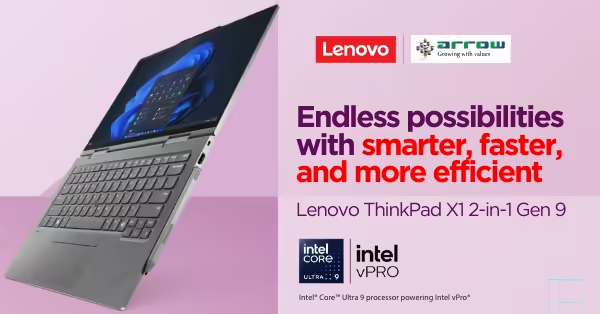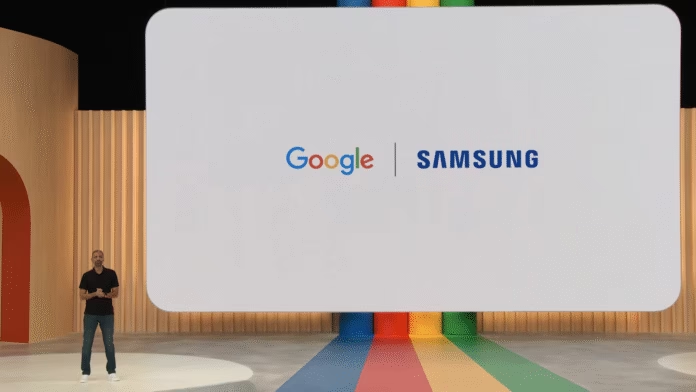For years, Google and Samsung maintained a solid, if imperfect, partnership. Samsung manufactured the Tensor chips that powered Pixel smartphones since the line went custom. But the game has changed. Google’s upcoming Pixel 10 chip, officially the Tensor G5, will now be built by TSMC, not Samsung—and that shift is making waves in the industry.
Insiders at Samsung are reportedly calling it a “shock.” But behind the scenes, it’s a calculated move by Google—one rooted in performance, reliability, and scale.

What Led to the Break?
Google’s choice wasn’t random. Although Samsung delivered for previous Tensor chips, their performance has always left room for improvement. Engineers and Pixel users alike noted issues with heat management and processing power, especially under heavy loads involving AI tasks.
With the Pixel lineup becoming more dependent on AI and machine learning capabilities, Google needed a foundry partner who could match its ambition. TSMC, which already supplies chips for Apple and Qualcomm, offered what Samsung couldn’t: better yield, stability, and proven excellence at the 3nm node.
Reports suggest Samsung’s yield for 3nm chips sits around 50%, while TSMC’s climbs as high as 90%. For Google, that difference was too big to ignore.

Samsung Takes It Personally
Samsung’s response has been swift and serious. Internally, they’ve launched a full review—referred to as “the Google incident.” It’s more than just a lost contract; it’s a reputational dent. According to industry sources, the fallout has triggered wide-ranging discussions about design capabilities, production quality, and Samsung Foundry’s competitive direction.
This may not be the last customer Samsung loses if changes aren’t made fast.

Pixel 10: A Mix of Old and New
Interestingly, despite switching chip production to TSMC, Google still plans to use Samsung’s modem in the Pixel 10. The break isn’t total—yet. But the core of the phone, the chip that drives its AI performance and user experience, will now come from Taiwan.
From a product standpoint, this is good news for Pixel fans. A more stable, high-performing chip could be exactly what Google needs to elevate the Pixel 10 and make it a serious flagship contender.
What This Means for the Broader Industry
The takeaway here is simple: partnerships in tech aren’t based on loyalty—they’re based on results.
At Arrow PC Network, we see this shift mirrored across enterprises. CIOs and CTOs are becoming more selective, more performance-focused, and more willing to switch if a partner isn’t meeting the bar. Through IT Services by Arrow PC Network, businesses are moving toward smarter infrastructure, better vendors, and more agile IT ecosystems.
Google’s move is a lesson to all tech leaders adapt or be replaced.


